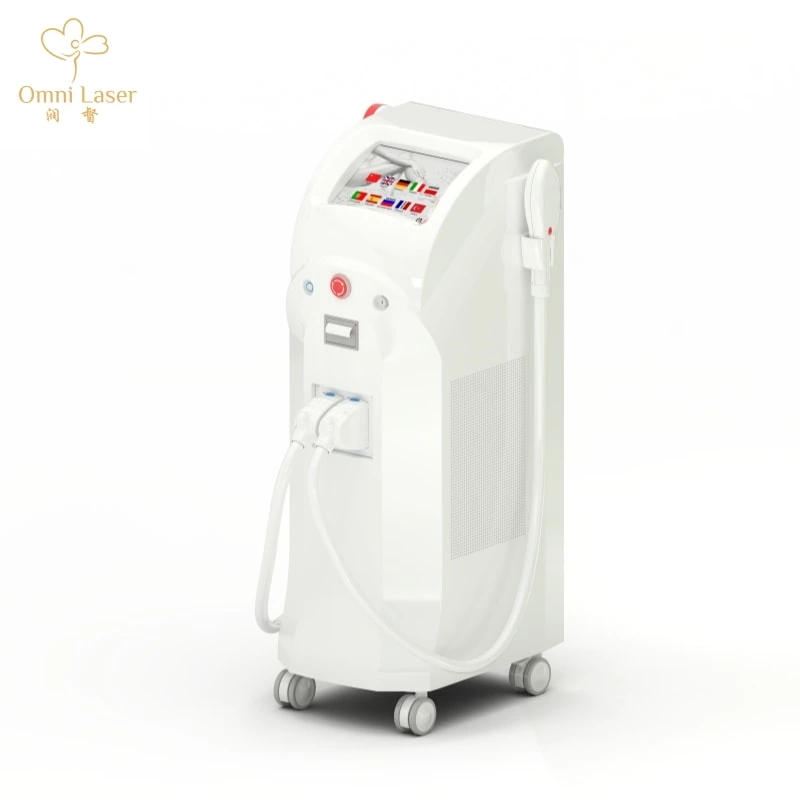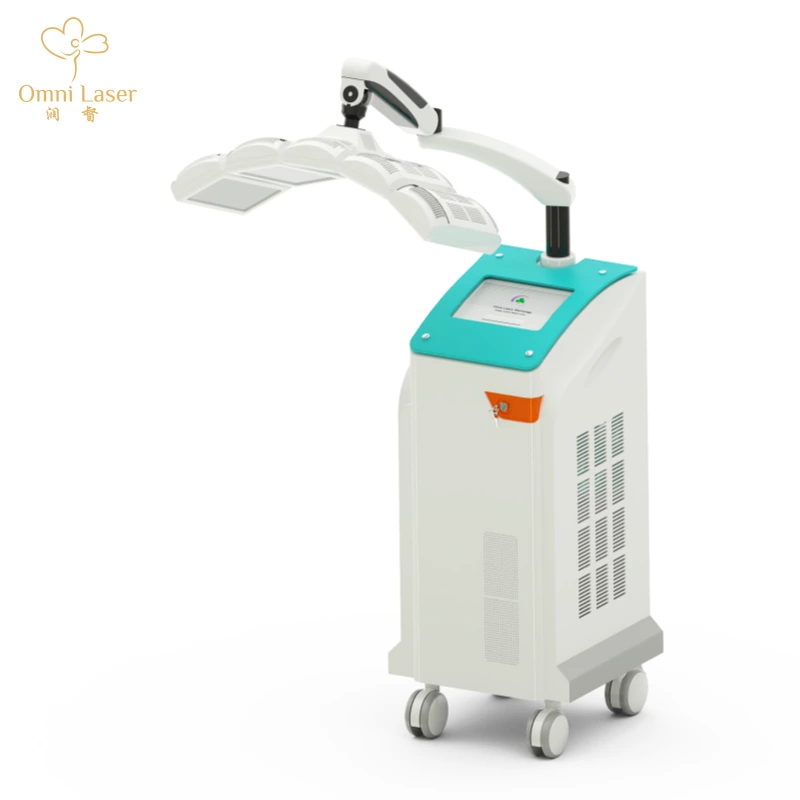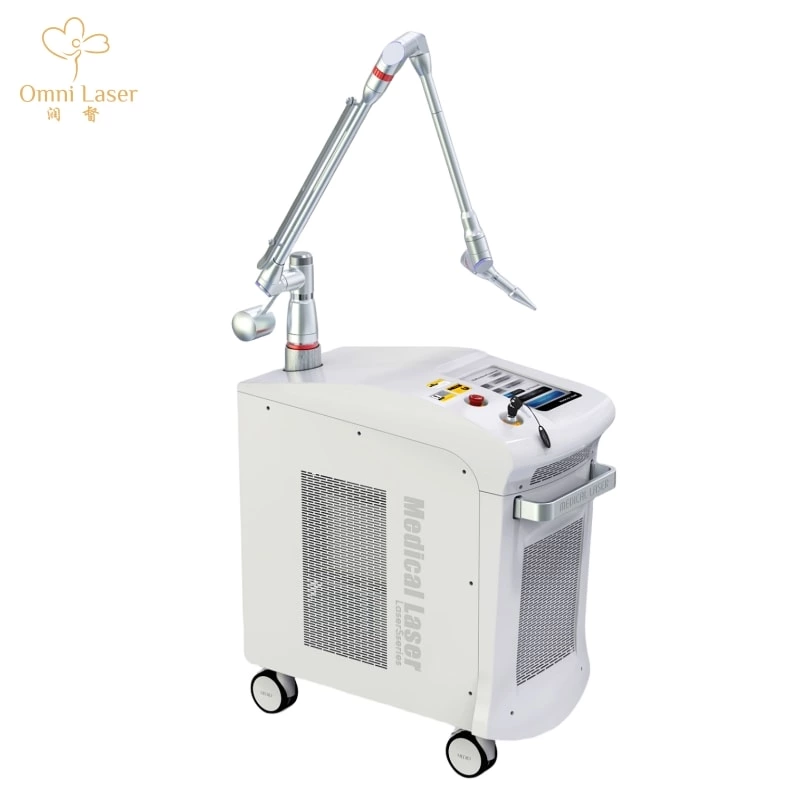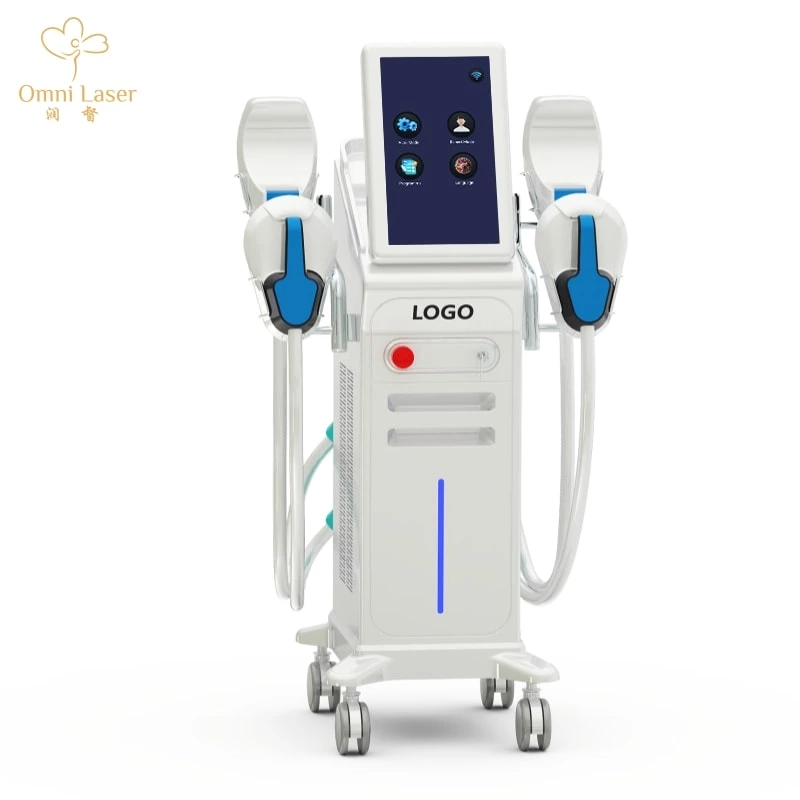IPL and Diode Laser Hair Removal Technology, Which is the Best
IPL VS DIode Laser Hair Removal
Depending on who you ask you can get conflicting responses to the differences between IPL and diode laser hair removal technologies. The majority noting the effectiveness of the diode laser as opposed to the IPL as the main difference, but where does this come from?
We take a look at what you need to know about laser hair removal technologies. Understanding the differences between the diode lasers and IPLs is key before investing in a laser hair removal business.
OVERVIEW
Diode Lasers and IPL (Intense Pulsed Light) Lasers are both used for aesthetic treatments, but they can differ in their mechanism of action and the types of skin concerns they can treat.
Diode lasers emit a single, focused wavelength of light that is absorbed by the pigment in the hair follicle or the melanin in the skin, generating heat and damaging the follicle to prevent hair growth or targeting pigmented lesions and hyperpigmentation. Diode lasers are more effective for permanent hair reduction & pigmentation removal.
IPL lasers emit multiple wavelengths of light that scatter and penetrate the skin at various depths, targeting different chromophores like melanin, hemoglobin, and collagen. IPL is effective for treating a broad range of skin concerns, including hair removal, pigmentation, redness, and textural irregularities. IPL can also stimulate collagen production, improving skin tone and texture.
UNDERSTANDING LASER HAIR REMOVAL TECHNOLOGIES
The key principle behind laser hair removal is matching specific wavelengths of light and pulse duration to a specific target, namely the melanin in a hair follicle whilst avoiding the surrounding tissue area. Melanin is the naturally occurring pigment in our skin and hair associated with colour.
UNDERSTANDING DIODE LASER HAIR REMOVAL
The key to successful diode laser hair removal is the deliverance of high energy into the skin. The energy is selectively absorbed by the melanin surrounding the hair follicle whilst not impacting the surrounding tissue.
Diode lasers use a single wavelength of light that has a high abruption rate in melanin. As the melanin heats up it destroys the root and blood flow to the follicle disabling the hair growth permanently. High quality laser hair removal machines such as RD-SLD series incorporates refrigeration contact cooling to protect the surface of the skin, making the treatment a comfortable, pain-free experience for patients. Diode lasers deliver high frequency, low fluence pulses and can be safely used on all skin types.
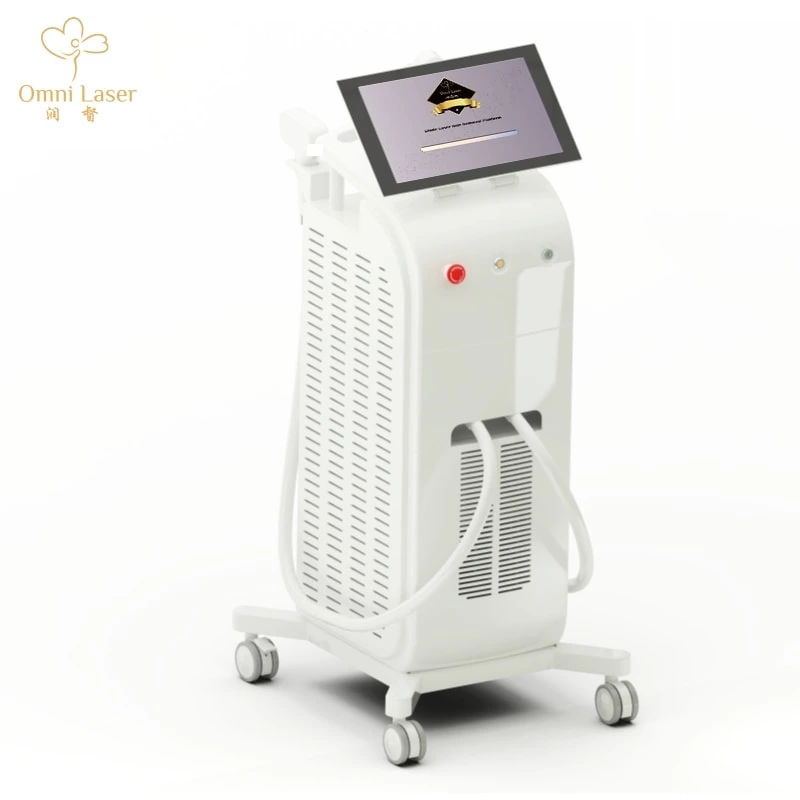
UNDERSTANDING IPL LASER HAIR REMOVAL
IPL (intense pulsed light) technology is technically not a laser treatment. It uses a broad spectrum of light with many wavelengths meaning it leads to unfocused energy around the hair and skin area. As a result there is much wastage of energy and less selective absorption in the follicle resulting in less effective destruction of the hair. Using broadband light also increases the potential for side effects such as burns or pigmentation, particularly if integrated cooling is not used. IPLs are typically only suitable for lighter skin types (1-3 on the Fitzpatrick scale) for the most part.
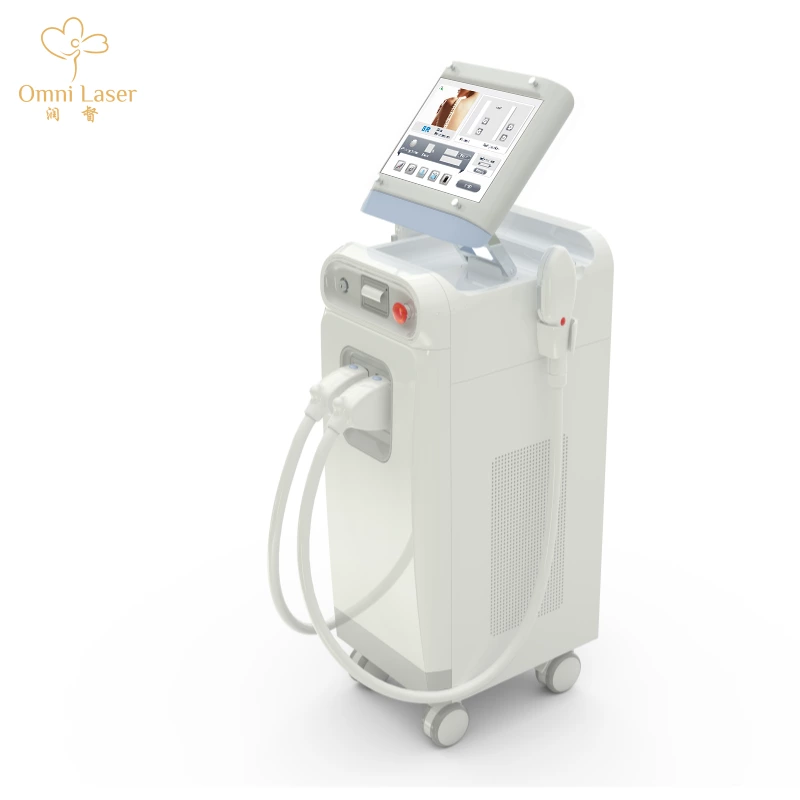
WHAT’S THE DIFFERENCE BETWEEN DIODE LASER HAIR REMOVAL AND IPL?
The treatment methods outlined above mean that, typically, IPL technology will require more regular and long-term treatments for hair reduction. A diode laser will work more effectively with less patient discomfort (with integrated cooling) while treating more skin and hair types than the IPL.
WHICH IS THE BEST LASER FOR YOUR SALON BUSINESS?
In business your customers are king. Diode laser hair removal is all about delivering the most effective technology that gives high client satisfaction and the most ROI for your business. However not all diode lasers are created equal so it’s important to understand critical factors that deliver on this.
Choosing a system that has Medical CE mark provides the assurance of much more stringent product testing and quality. To achieve this the original manufacturer will have an ISO 13485 accreditation. It’s thought that in the not too distant future a Medical CE mark will be a regulatory requirement of all cosmetic devices.
HOW MUCH DO PROFESSIONAL LASER HAIR REMOVAL MACHINES COST?
Prices can vary greatly between brands. Be aware that like most things in life if prices sound ‘too good to be true’ they usually are. Cheap aesthetic machines will be of poorer quality and can end up costing businesses more in the long run.
High quality diode lasers can last for many millions of pulses making their running costs low. IPLs on the other hand, will require regular changes of either their flash-lamps or hand-pieces will have to be factored in to costs when considering the total business cost.
DIODE LASER HAIR MACHINE SPECIFICS
Light source laser bar imported from American " Coherent", over 6,000,000 shots avaliable during first year usgae.The spot size, power and technical specifications of a diode laser hair machine can be easily used to help you can select the right model for your business.
Effectively pulses mean cash so a smaller spot size requires more shots to treat a specific area. However with larger spot sizes it’s important to remember the laser hair removal machine must have the power to handle a larger spot size.
RD-SLD700 is the most powerful diode laser hair removal system with multiple spot sizes and various wavelengths single 808nm or triple 755nm+808nm+1064nm, meaning you can quickly and effectively treat all skin and hair types in clinic. It also has an integrated cooling system for maximum patient comfort.
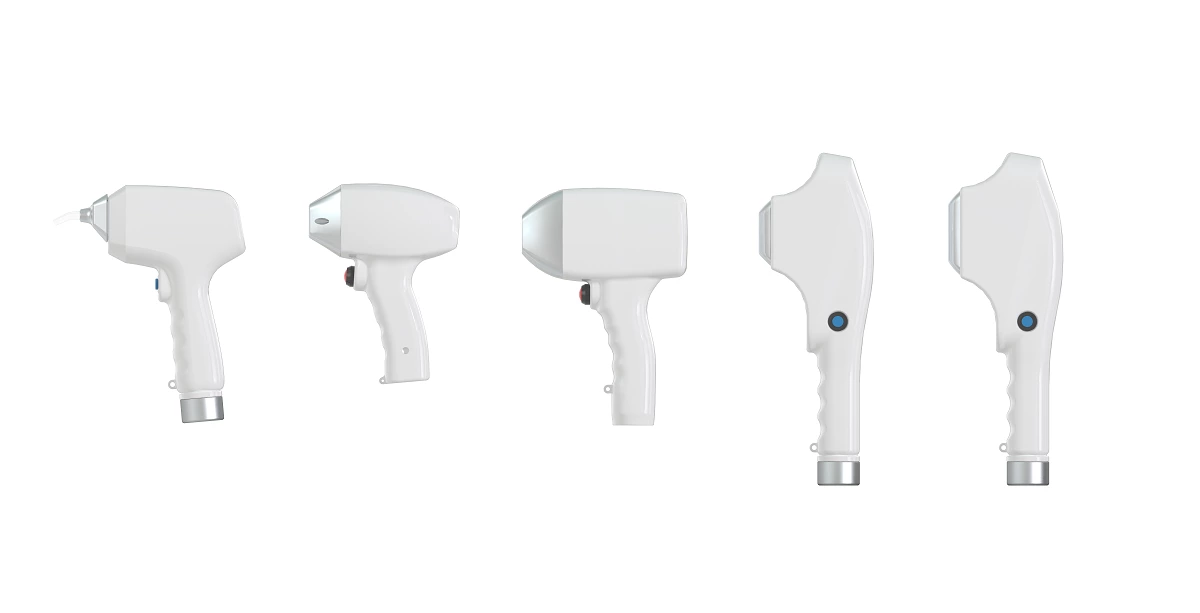
CONCLUSION
To conclude, diode lasers are better for hair reduction and pigmentation removal, while IPL lasers can be more versatile and can address a wider range of skin concerns. The choice between the two will depend on the specific needs and goals of the patient.

